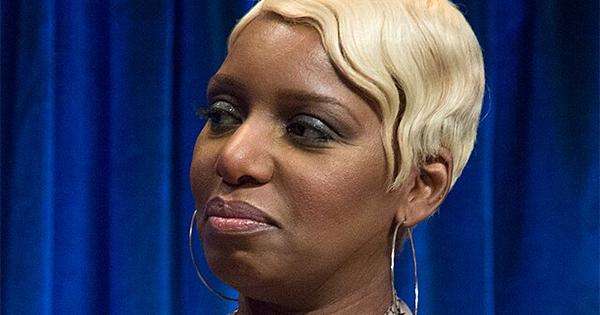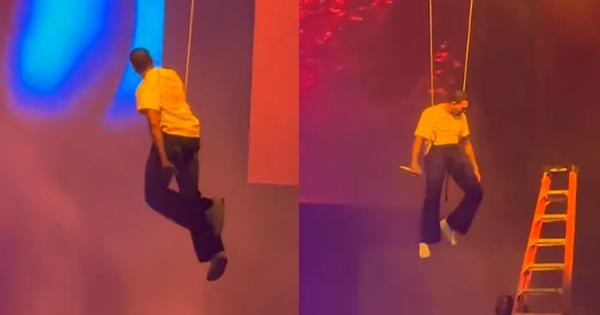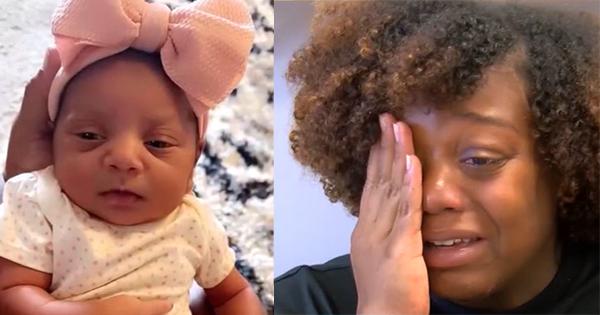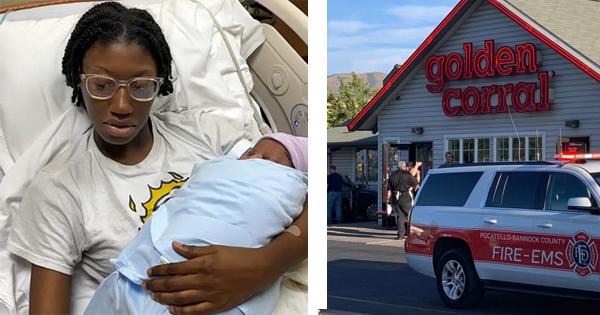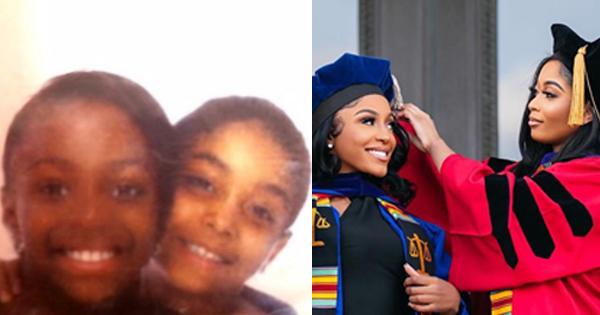Professor’s Ensemble Classes Highlight Pop Stars’ Production, Performance Techniques

Tia Fuller
New York, NY — Just a few short years ago, saxophonist Tia Fuller was rocking heels, skirts, and sequins as she powered through pop anthems like “Single Ladies” and “Crazy in Love” as part of Beyoncé’s top-notch, all-female band, performing at major venues around the world.
Beyond her growing accomplishments as a successful jazz artist, Fuller is laser-focused on her career in music education. With a B.A. in Music from Spelman College, and a Master’s in Jazz Pedagogy and Performance from the University of Colorado at Boulder, the ace reeds player now shares her broad expertise as a full-time Professor of Music at Boston’s world-renowned Berklee College of Music. Her specialty? Ensembles: Creating 6-8 ensembles per semester, directing musicians how to play together, improvise, and give polished performances.
“I teach different ensembles that span from jazz to R&B to pop music,” Fuller explains. “Upon getting the job at Berklee, my chairs allowed me to start a couple of new ensembles reflective of my performance career: the Christian McBride Ensemble, Esperanza Ensemble, are both artists I have played with. I also direct an 18-piece Rainbow Big Band that historically has been one of the more advanced bands that features visiting artists. Another ensemble is the Rainbow All-Stars, which is a smaller combo-based jazz ensemble. This ensemble is where I prepare students to potentially play in my band. I bring in a lot of my compositions and arrangements, and we rehearse those for performances on and off campus, like playing at the Blue Note and Smoke Jazz Club in New York.” One advantage is that Fuller gets back up for projects while the students gain valuable experience, as when Fuller used the Rainbow All-Stars for a recent performance that aired live on a local CBS news program.
With her background touring with top-tier recording artists and being a part of Beyoncé’s all-female band, Fuller recognized that her experience was priceless for young musicians yet to be challenged on that level. In particular, touring with Beyoncé was a crash course in musicianship, showmanship, creating a through-narrative with song choices, lighting, costuming, audience participation, and pacing, she says – all vital lessons for today’s burgeoning musicians.
“I’m realizing more and more that the reason why I’m there at Berklee is so I can bring my experience to the students, empowering them to essentially be at a higher level of consciousness, to know how to function and move beyond the walls of Berklee, when they graduate,” she says.
With this mission in mind, Fuller instituted a rigorous – and popular – ensemble program centered around the music and show production elements of specific pop artists. “These production ensembles are popular. In particular, the Beyoncé ensemble reflected the overall performance of an A-list tour that incorporates dancers, strings, choreography, a full band, and lights.” Fuller explains. “Last year, we did Bruno Mars. This year we’re doing Ariana Grande and Micki Miller.”
Berklee students who experienced immersion into Fuller’s first Beyoncé ensemble curriculum in 2016 got a special treat. “It was the tenth anniversary of Beyoncé’s all-female band. We brought eight of the ten girls back and incorporated them with the students. There were 30-plus people on stage, which also included dancers, a string section, and lights. This was the first time that the band had been reunited since we were with Beyoncé,” she recalls. “Many people in the school said it was one of the best shows they had seen in the history of Berklee … it was extraordinary.”
It’s that immediate transference of real-world knowledge and up-to-the-minute information about cutting-edge technologies and performance techniques that makes Fuller and other working musicians valuable to students. As a woman, she also serves as a role model for other female musicians who seek a career in contemporary music. “I realize how important it is to bring it all together. Many times, I’ll be coming off the road, getting off of a plane, and immediately going right into class,” she says. “I’m sitting there and not only are we talking about music, but I’m more or less talking about life skills that they need to attain and sustain themselves as professional musicians and purpose-led individuals.”
These values are rooted in Fuller’s experience studying at Spelman College in Atlanta, GA, where she received her B.A. in Music (1994-1998). “Excellence, purpose, and sisterhood were and still embedded into the culture at Spelman. It is one of the most prestigious historically black colleges with all black women; I was empowered upon first stepping on campus. The spirit of excellence resounds throughout the walls of Spelman. Whatever field we chose, Spelman is a place where accountability and greatness cultivate the successful black woman. Also, my teacher Joe Jennings, who is like a second dad, laid a firm groundwork for me musically and in life. He would never say I sounded good, but would always say, ‘You’re coming along, Tia.’ Little did I know that he was teaching me that success is nothing other than a series of ‘coming along,’ essentially etching further into your purpose, to be a light for others.”
Working musicians have to balance their artistic endeavors with professional considerations and personal relationships. As a professor, Fuller makes sure her students understand the commitment, persistence, and level of excellence it takes to succeed. She teaches students to be deliberate in creating a “big picture” and “crystalized vision” to serve as the directive of their journey.
Other principles she shares with students: “Be proactive with your preparation to create smooth transitions” and “Consistency breeds longevity.” These same values have allowed Fuller to jump on stage fully prepared to perform with a who’s who of pop, R&B, and jazz artists, including Esperanza Spalding, Dianne Reeves, the Duke Ellington Orchestra, Terri Lyne Carrington, T.S. Monk, Ralph Peterson Jr., and the late Nancy Wilson and Geri Allen. Preparation and consistency have led Fuller to a Grammy nomination.
For students, today’s victory in mastering a difficult musical passage will help create mastery over whatever personal or professional challenges that await them. “What they do musically is an opportunity for them to etch deeper into the essence and greatness of their artistry and character. As music is a manifestation of our life,” Professor Fuller explains.
For more information on Tia Fuller, go to www.tiafuller.com
PRESS CONTACT:
Gwendolyn Quinn Public Relations
GwendolynQuinn@aol.com
917.769.7808

